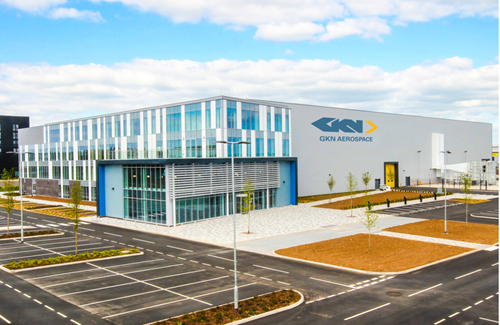News
GKN Aerospace to develop H2 propulsion system in UK
 GKN Aerospace will lead a UK collaboration program, H2GEAR, to develop the company’s first hydrogen propulsion system for sub-regional aircraft. Hydrogen is expected to play a key role in the decarbonization strategy of aviation as it can power aircraft efficiently, leaving water as the only by-product.
GKN Aerospace will lead a UK collaboration program, H2GEAR, to develop the company’s first hydrogen propulsion system for sub-regional aircraft. Hydrogen is expected to play a key role in the decarbonization strategy of aviation as it can power aircraft efficiently, leaving water as the only by-product.
H2GEAR aims to develop a liquid hydrogen propulsion system for sub-regional aircraft that could be scaled up to larger aircraft. Liquid hydrogen is being converted to electricity within a fuel cell system. This electricity efficiently powers the aircraft, eliminating CO2 emissions. This would create a new generation of clean air travel, eliminating harmful CO2 emissions.
H2GEAR puts GKN Aerospace at the heart of the technology developments needed for the future of more sustainable aviation. The technology will first focus on significantly improving sub-regional aircraft hydrogen powered performance, in turn enabling applications on larger aircraft and longer journeys. The program is supported by £27MM of ATI funding, matched by GKN Aerospace and its industrial partners.
The program will reinforce the UK’s position at the forefront of aerospace technology research and development. GKN Aerospace will collaborate with Intelligent Energy, Aeristech, Newcastle University, The University of Manchester, and University of Birmingham, throughout the program, aiming to create more than 3,000 jobs in the next decade. The program will be delivered from GKN Aerospace’s Global Technology Centre in Bristol, the company’s £32MM new collaborative space for research and development.

